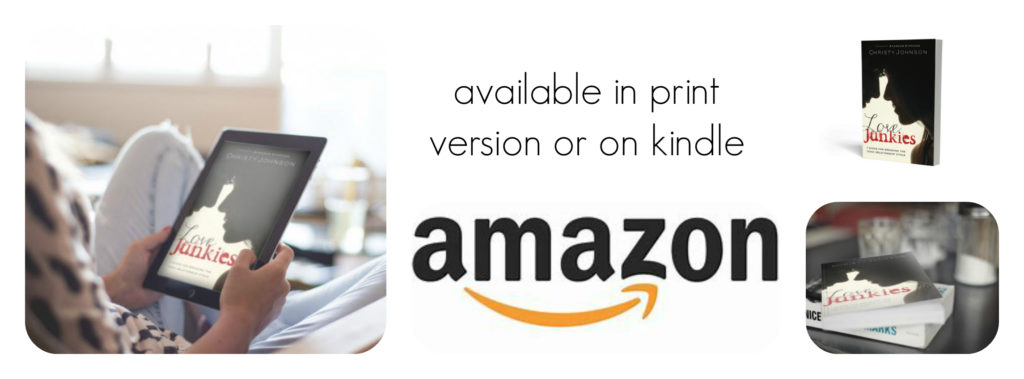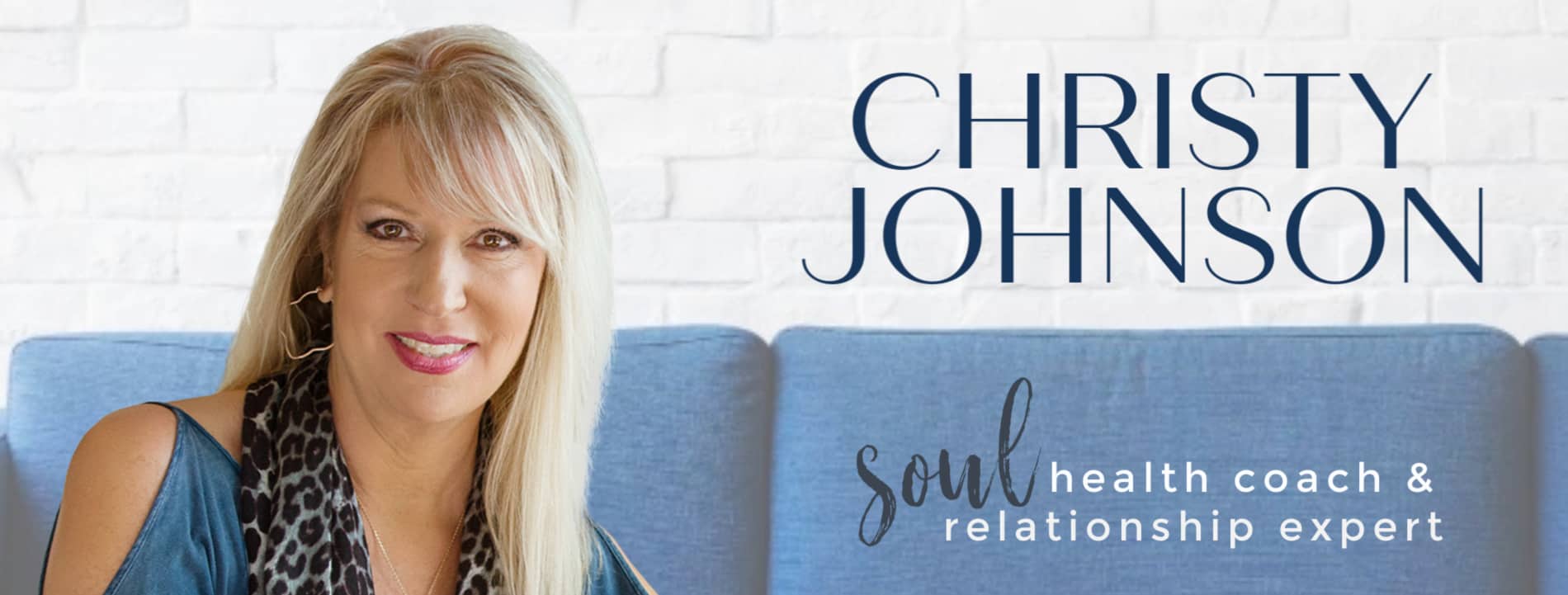 Many women run from relationship to relationship. Our craving for acceptance holds us captive even when the bond is toxic because the need for the affirmation a relationship promises
Many women run from relationship to relationship. Our craving for acceptance holds us captive even when the bond is toxic because the need for the affirmation a relationship promises
can be very powerful. The resulting high is intoxicating and the addiction is real.
It’s interesting, however, that the word addiction is not in the Bible, but don’t let that make you discount how addictive relationships can be. Ephesians talks about the continual lust for more. A craving that is never satisfied. The Bible also has much to say about unbridled passions, lust and obsession. When we allow our desires to rule our flesh, we become vulnerable to seek cravings that can never be satisfied. That’s why it’s so important to identify our vulnerabilities.
Identifying our areas of vulnerability is crucial to our healing and recovery from toxic relationships.
The following is a list of typical symptoms of relationship addiction. Read through the inventory and identify the symptoms apparent in your behavior:
✦ You can’t imagine not being in a relationship. If you aren’t in one, you are looking for one.
✦ You leave one unhealthy relationship only to find yourself drawn back into another one just as toxic.
✦ You are easily manipulated. You often fall for what men say and ignore what they do.
✦ Although you desire a man to be the spiritual leader, you often compromise your faith or settle for men with whom you are not equally yoked (2 Corinthians 6:14).
✦ You don’t see character flaws until you’re in too deep.
✦ You think God is going to use you to change your partner or spouse.
✦ A false sense of guilt makes you feel overly responsible for others.
✦ You give in to sexual temptation even when you only want affection.
✦ Your commitment is more important than your pain.
✦ You cater to the needs, opinions, and demands of your partner instead of your own.
✦ You fantasize about how a different relationship would eliminate your current heartache.
✦ You choose men who don’t have the capacity to love or commit.
✦ You focus on their problems and ignore your own.
✦ You settle for less than you really want in a relationship.
✦ You find yourself thinking, If only he would change, I could be happy.
How did you do? Go back and look at the behaviors you recognized. Identifying your weaknesses is a huge priority for recovery from relationship addiction.
While there is no score for your answers, if the items you pinpointed caused you to realize you have unhealthy behavior in romantic relationships, I’d like to invite you to check out Love Junkies: 7 Steps for Breaking the Toxic Relationship Cycle. It’s available on Amazon.


No comments yet.